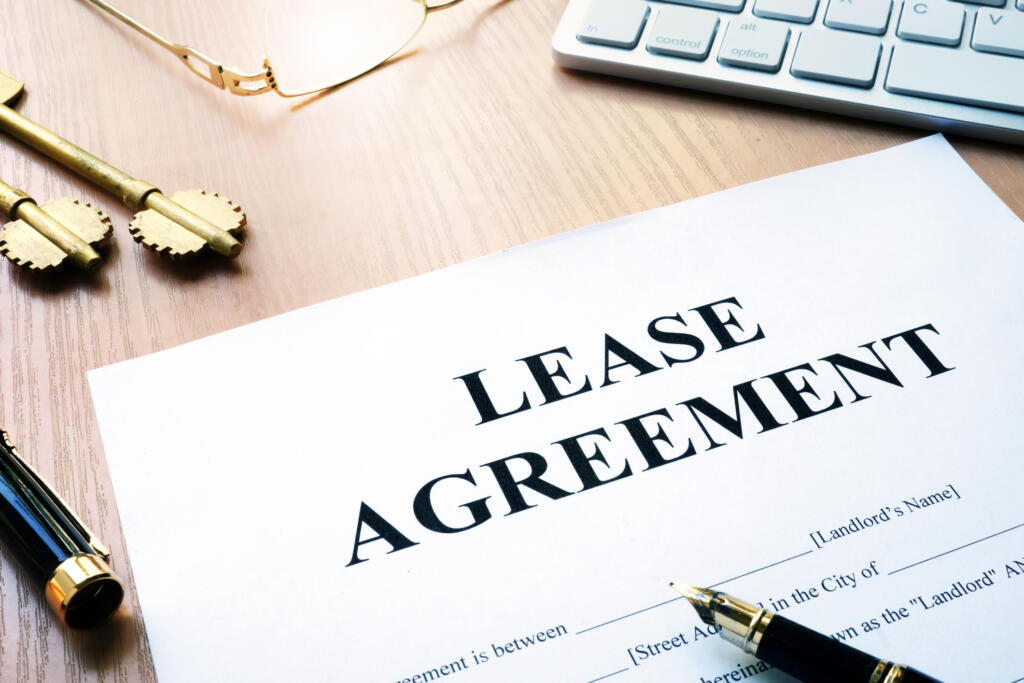
Navigating lease extensions can be a challenge, especially with the new Leasehold and Freehold Reform Act 2024 (New 2024 Act) becoming law as it is set to reform the current process. The good news is that the New 2024 Act will likely make the process easier, but its provisions are yet to come into force until 2025 at the earliest; the current provisions within the Leasehold Reform Housing and Urban Development Act 1993 (1993 Act) and the Leasehold Reform Act 1967 (1967 Act) presently still apply.
The Current Process
If you are a leaseholder, you can formally (by way of serving notices and following the strict procedure set out by statute) or informally (by simple agreement) extend the term of your property’s lease. This is known as a lease extension. Lease extensions ensure that you remain the leaseholder for longer and in certain circumstances can add value to the property and protect it from becoming un-mortgageable. There are however different provisions for extending the lease of a flat compared to a house.
Extending the lease of your flat
Under the 1993 Act you are legally entitled to extend your lease for an additional 90 years if you meet certain criteria, including where you have owned the flat for at least 2 years and the original lease term was over 21 years. You would be required to pay the premium for the additional term (the initial price is calculated using a statutory formula, but the final price can be negotiated), the cost of the valuation, the Land Registry fee payable to register the lease extension and both yours and the freeholder’s legal costs.
If you cannot, or prefer not to, use the formal route, there are other ways to extend your lease. Under the informal route you can make a non-statutory agreement with the freeholder to extend the lease. This route may have the benefit of reduced costs, but you would not have statutory benefits or protections. For instance, the freeholder may retain or increase the ground rent; refuse to extend your lease to the full 90 years; and you would be unable to go to a property tribunal if there were problems or disagreements with the lease extension.
Alternatively, you may be able to buy a leasehold flat with rights to a lease extension passed on if the seller had already served notice onto the freeholder to extend the lease through the formal route.
When is it best to extend the lease
We advise that you extend the lease before the lease term falls below 80 years. The value of the property and number of lenders willing to offer a mortgage will decrease making it difficult to sell or remortgage your property. A lease term that is below 80 years has a marriage value which increases the premium payable when extending the lease. There is no marriage value payable if the lease term is over 80 years.
The premium tends to increase as the remainder of the leasehold term decreases, therefore it is worth considering and seeking advice on whether to extend your lease at an early stage. On the other hand, if your lease term will exceed your lifetime or you are struggling with your finances, extending your lease may not be worthwhile.
Extending the lease of your house
Under the 1967 Act, you have a legal right to extend your house for an additional 50 years under the formal route. You must meet the following criteria:
- you have owned the house for at least 2 years;
- the lease must be at a “low” rent;
- the house must have the required rateable value (meaning the annual rent the property would obtain on the open market must meet certain thresholds depending on location etc); and
- the original lease term must have been over 21 years.
There is no premium payable, but you must pay for the valuation and the freeholder’s legal costs as well as your own. The freeholder may also increase the ground rent which would be payable when the new lease term commences.
Similar to extending the lease of a flat, you can also extend the lease of a house through the informal route. Please note that you would risk having no statutory protection or benefits.
Alternatively, you are legally entitled to buy the freehold (enfranchise) under the formal route if you meet the same criteria listed above. This may be more attractive, if affordable, because no ground rent would be payable, and a lease extension is relatively short with an additional 50-year term. Absolute freehold is when the property is owned outright and is regarded as the best, most secure, form of ownership.
The Upcoming Process
When the New 2024 Act provisions come into force, it will change the current process. Under the New 2024 Act, the process will be easier as you will be able to extend the lease term of your flat or house for an additional 990 years without having to meet the 2-year ownership criteria. Also, the new process will potentially be cheaper as you will no longer be automatically obliged to pay for the freeholder’s valuation and legal costs; there will be no ground rent payable after you extend the lease; and no marriage value will be payable if you extend a lease with a term below 80 years. However, please note that this is subject to change and so other costs may still be payable when all the provisions of the New 2024 Act are finalised.
Should you need further guidance and advice on this, please get in touch with our Public Sector team by phone 0345 450 5558 or by email enquiries@stephens-scown.co.uk.
